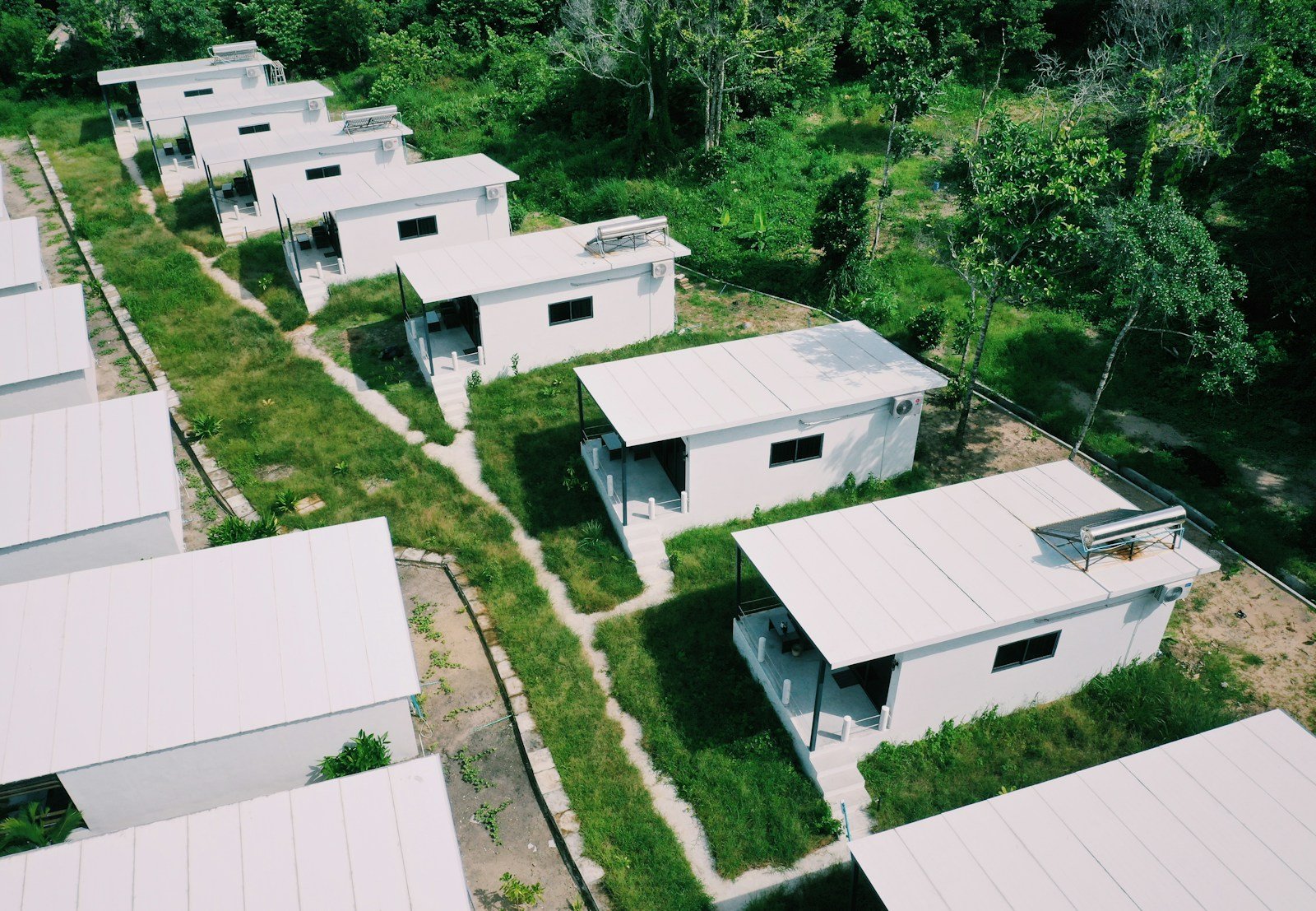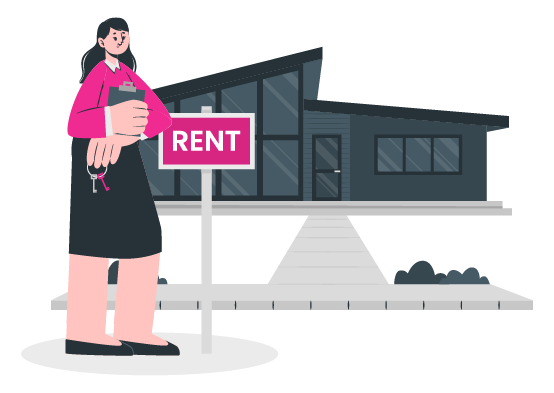With rental prices continuing to rise across Ireland, many households are under growing pressure to meet their monthly housing costs. If you’re a tenant struggling to afford private rent, you’re not alone. Fortunately, there is support available. The housing support payment known as the Housing Assistance Payment (HAP) is one of the most widely accessed rental support schemes in the country.
This guide explains everything Irish renters need to know about the HAP scheme. Whether you’re applying for the first time or simply want to understand your options, we’ll cover how the scheme works, who qualifies and how it can help you secure long-term, affordable housing.
What Is the Housing Assistance Payment?
The Housing Assistance Payment (HAP) is a government-funded scheme designed to help low-income households in Ireland access private rental accommodation. It offers a practical alternative to traditional Rent Supplement and local authority housing, allowing qualified tenants to find their own home in the private sector while receiving ongoing financial support.
Rather than paying rent directly to a landlord, the local authority pays a portion of the rent on your behalf. You then pay a small income-based contribution to the council. This housing support payment helps to reduce financial stress and gives tenants more freedom to choose where they live.
How the HAP Scheme for Renters Works
Once you qualify for HAP, the scheme operates in the following way:
- You find a private rental property that suits your needs and budget.
- The landlord agrees to accept HAP, and the tenancy is registered with the Residential Tenancies Board (RTB).
- The local authority pays the majority of the rent directly to the landlord every month.
- You pay a weekly rent contribution to the council, based on your income and household size.
One important feature of the HAP scheme for renters is that it offers greater long-term stability than Rent Supplement. Once you’re on the scheme, your housing needs are considered met, and you’re no longer on the main social housing waiting list. However, you may still remain on a transfer list if you’re hoping to move to a council or cost rental property in the future.
Who Is Eligible for the Housing Support Payment?
To access HAP, you must meet the eligibility criteria for social housing in your area. The Housing Assistance Payment Ireland is only available to those with a long-term need for housing support.
Basic eligibility criteria include:
- You must qualify for social housing support with your local authority.
- You must be unable to meet your housing needs independently.
- The rent for the property must fall within HAP rent limits for your location and household size.
- The landlord must agree to participate in the scheme.
- The property must meet minimum rental accommodation standards.
Each local authority sets rent limits based on household size and regional cost of living. For example, HAP limits in Dublin are higher than those in more rural counties.
What Costs Are Covered by the Housing Assistance Payment?
The housing support payment typically covers a substantial portion of the rent, making accommodation in the private sector more affordable for tenants. However, there are boundaries to what is covered.
Covered by HAP:
- The main portion of monthly rent (paid by the local authority)
- Secure long-term rental support
- Administrative support and oversight from the local authority
Not covered by HAP:
- Security deposits or upfront rent
- Bills such as gas, electricity or internet
- Rent that exceeds local HAP thresholds (unless a discretionary uplift is granted)
If your rent exceeds the HAP cap, you may be able to apply for a discretionary uplift. This is considered on a case-by-case basis, often depending on housing need, household size and availability of alternative properties.
Benefits of the Housing Assistance Payment for Tenants
The HAP scheme for renters comes with several benefits, especially compared to traditional housing supports.
- Immediate access to the private rental market without waiting years for a council home
- Greater flexibility in choosing where to live, within rent limits
- Reduced financial pressure, with a substantial share of the rent paid directly to the landlord
- Protection under tenancy law, as all HAP properties must be registered with the RTB
- Continued eligibility for transfer, should a council or cost rental home become available
For many renters, HAP represents a lifeline during periods of financial uncertainty, while also promoting housing stability over the long term.
Responsibilities Under the HAP Scheme
Tenants receiving this housing support payment have several obligations to ensure continued support:
- Pay your weekly rent contribution to the local authority on time.
- Inform your local authority of any changes in income, employment, or household composition.
- Make sure the property is kept in good condition.
- Comply with all terms of your tenancy agreement.
Landlords must also meet their responsibilities, including registering the tenancy with the RTB, ensuring the property meets standards and accepting the rent limits agreed with the local authority.
Can You Work While Receiving HAP?
Yes. One of the major advantages of Housing Assistance Payment Ireland is that it supports tenants who are employed. Unlike Rent Supplement, where an increase in income might reduce or end your payment, HAP allows you to continue receiving support while working full- or part-time.
Your weekly contribution to the council will be adjusted according to your income, but the scheme is designed to support employment and reduce dependency on welfare.
Challenges to Be Aware Of
Despite its benefits, the scheme is not without challenges:
- Difficulty finding landlords who accept HAP
- Rent limits that may not reflect current market conditions in high-demand areas
- Delays in application processing due to local authority workloads
- Lack of understanding among both landlords and tenants
However, with growing awareness and improvements to the system, more tenants are now accessing this form of rent support in Ireland.
Use FindQo.ie to Make Smarter Housing Decisions
If you’re exploring the HAP scheme or trying to find affordable places to live in Ireland, FindQo.ie is a valuable resource. The platform offers tools to:
- Estimate rent costs by area
- Compare nearby locations with stronger amenities or better affordability
- Discover housing trends and market shifts
- Learn about available support schemes including HAP, RAS, and cost rental housing
FindQo.ie uses AI-driven insights tailored to the Irish property market, helping renters and buyers make informed, confident decisions.
Conclusion
The Housing Assistance Payment is a vital support for renters across Ireland. By reducing the financial burden of rent and offering access to private accommodation, it ensures that thousands of households have a secure place to call home.
Understanding how this housing support payment works, along with the eligibility criteria and application process, is the first step to making the most of the scheme. Whether you’re struggling with high rents, just entering the rental market, or looking for long-term support, HAP may be the solution you need.
Need help navigating rental support options in Ireland?
Visit FindQo.ie today to explore affordable areas, calculate estimated rent, and take control of your housing journey.

